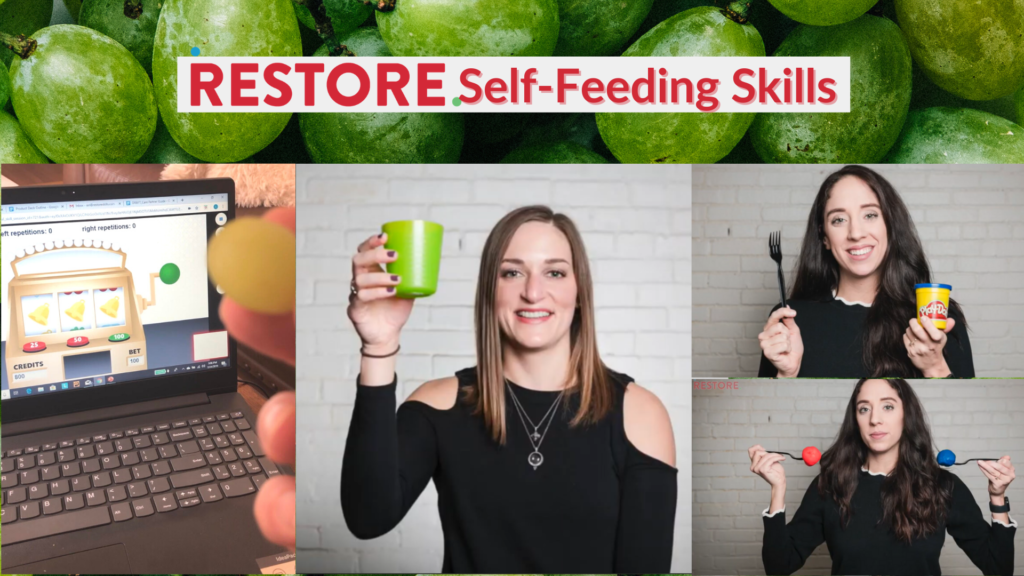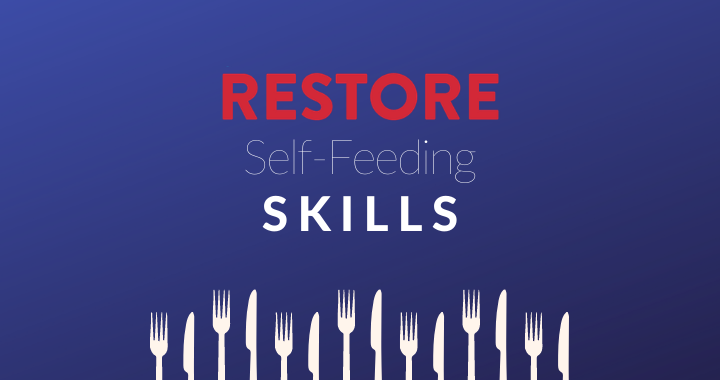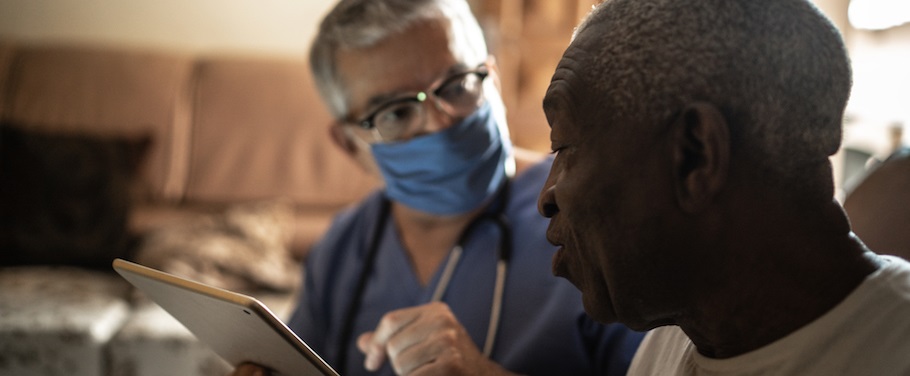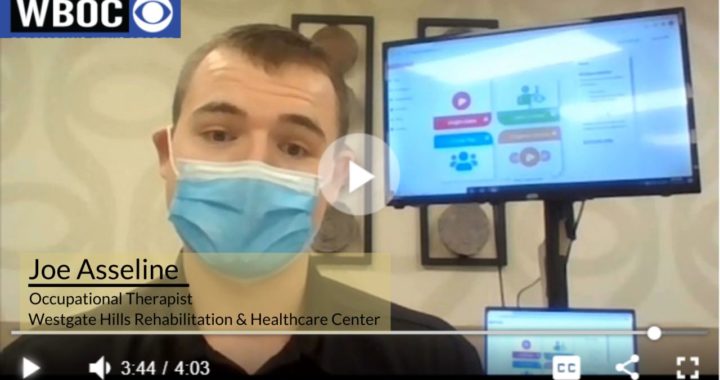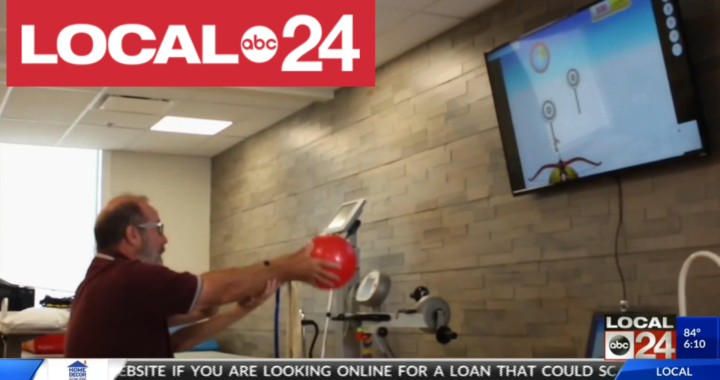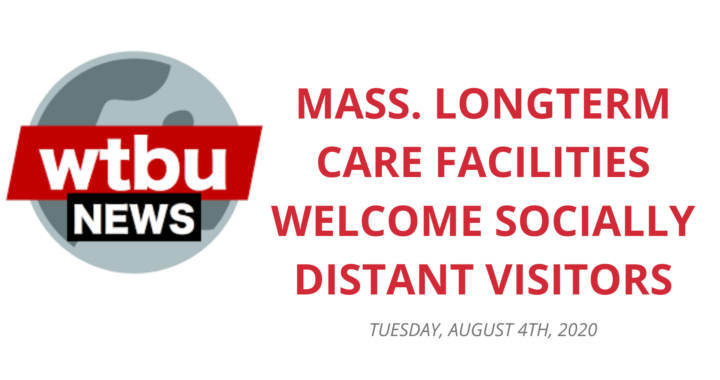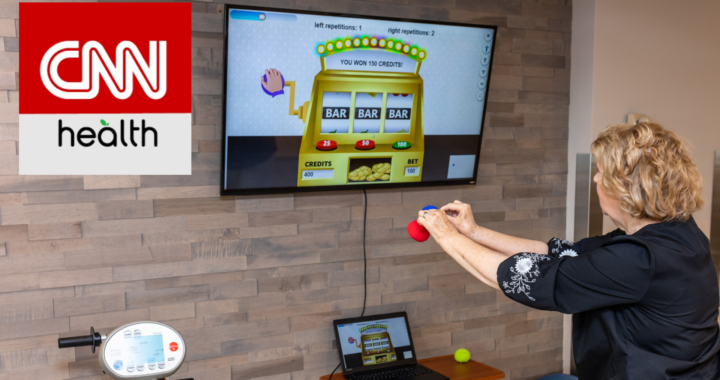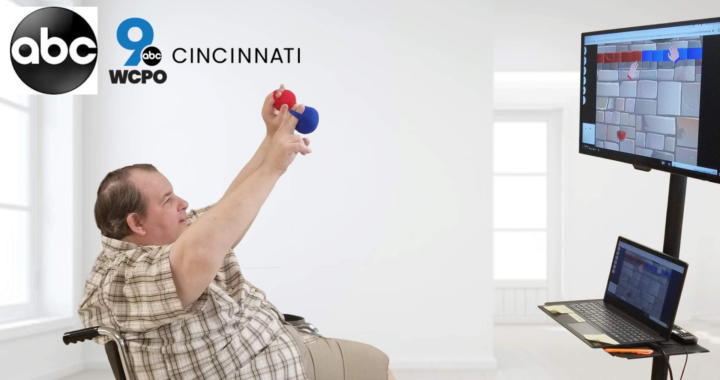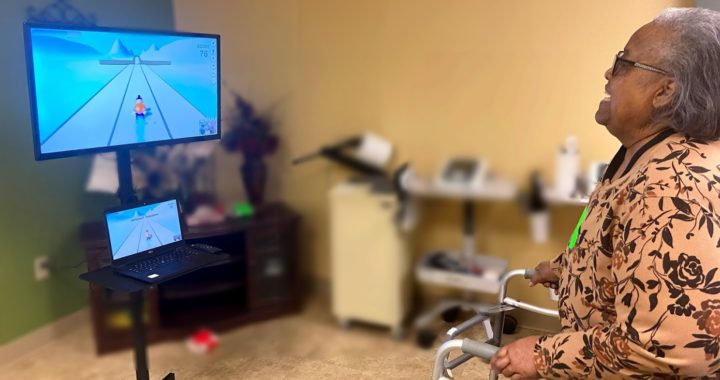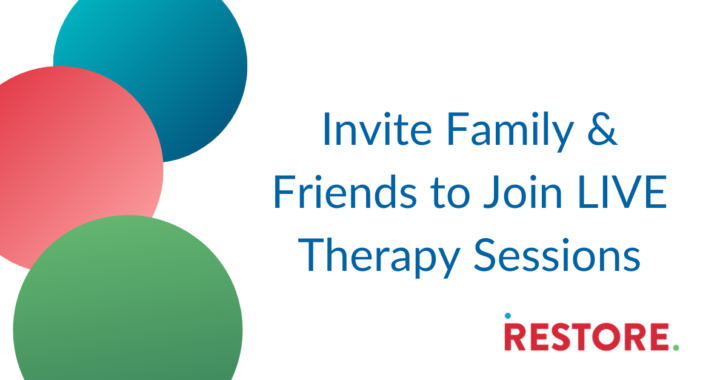Question:
How can RESTORE help therapists to support self-feeding goals with patients?
Answer:
Great question. To start we have to consider the physical and cognitive components required for self-feeding:
- Ability to bring hand to mouth
- Ability to apply and sustain proper grasp or prehension to a utensil or finger food item
- Activity tolerance for posture, movement for anticipated feeding duration
- Sustained attention, concentration, problem-solving, sequencing
RESTORE can be used in support of each component. Progress can be accelerated by combining functional skill-building with immersive, interactive content (preferably person-centered based on the expressed interests of the player). Let’s consider the following:
- Game controllers calibrate to most red, green, blue objects.
- If working on up/down movements with hands for finger food, select objects to replicate prehension or grasp
- You may even consider real food items in the color family such as grapes, tomatoes, apples, candy, etc.
- If working with utensils, select a spoon that is red, blue, green or can have a colored sticker attachment
- Game settings and webcam settings can be graded based on the current physical and cognitive abilities of your player:
- Backgrounds can be adjusted for greater contrast or to simplify visual display
- Speeds and difficulty can be ranged from easiest to most difficult
- Music and effects can be varied for appropriate encouragement and engagement
- Range of motion capture can be reduced for players with limitations or expanded for those with full range capabilities
- Almost every RESTORE game has upper extremity motor compatibility. A few to consider with default game duration:
- Take Flight (plays based on lives, duration not limited). Players can control a plane in flight with up and down movement to avoid obstacles and obtain coins and gems.
- Jackpot (default is 5 minutes). Players can have the slot machine handle alternating sides after each pull or remain on one a single side for more concentrated motion
- Bullseye (default 2 minutes). Players can control a bow and arrow to hit various targets and bonus items, while avoiding penalty items such as dynamite
- Ladybugs or Car Cross (rounds of play). Players practice up/down movements to assist ladybugs or cars to cross a bridge, while avoiding allowing pests or undesirables to cross
When players (patients) are having fun and engaged they focus less on targeted skills and more on the game. They have less anxiety or frustration in trying to bring food to mouth, if only working on this during self-feeding. When a player demonstrates appropriate control, sustained action, adequate activity tolerance, and desired cognitive function that is when it is most beneficial to follow up a RESTORE session with an actual self-feeding session.
